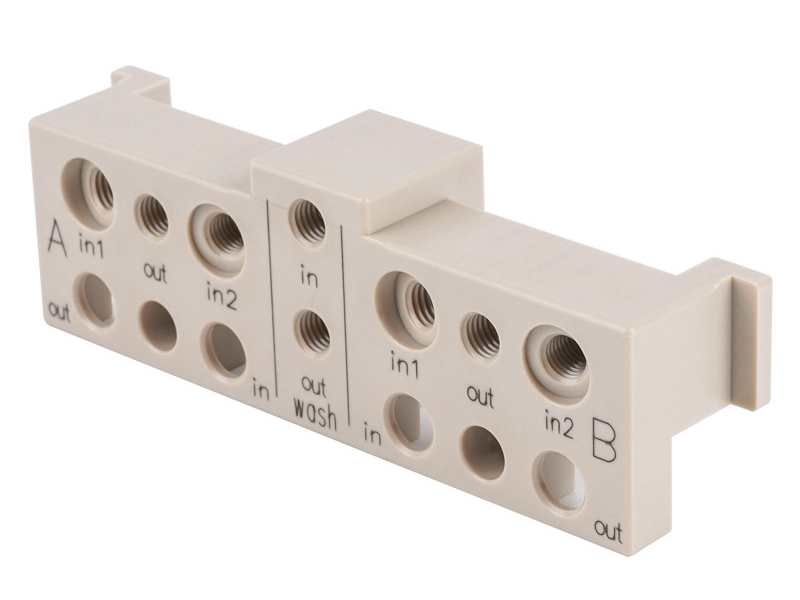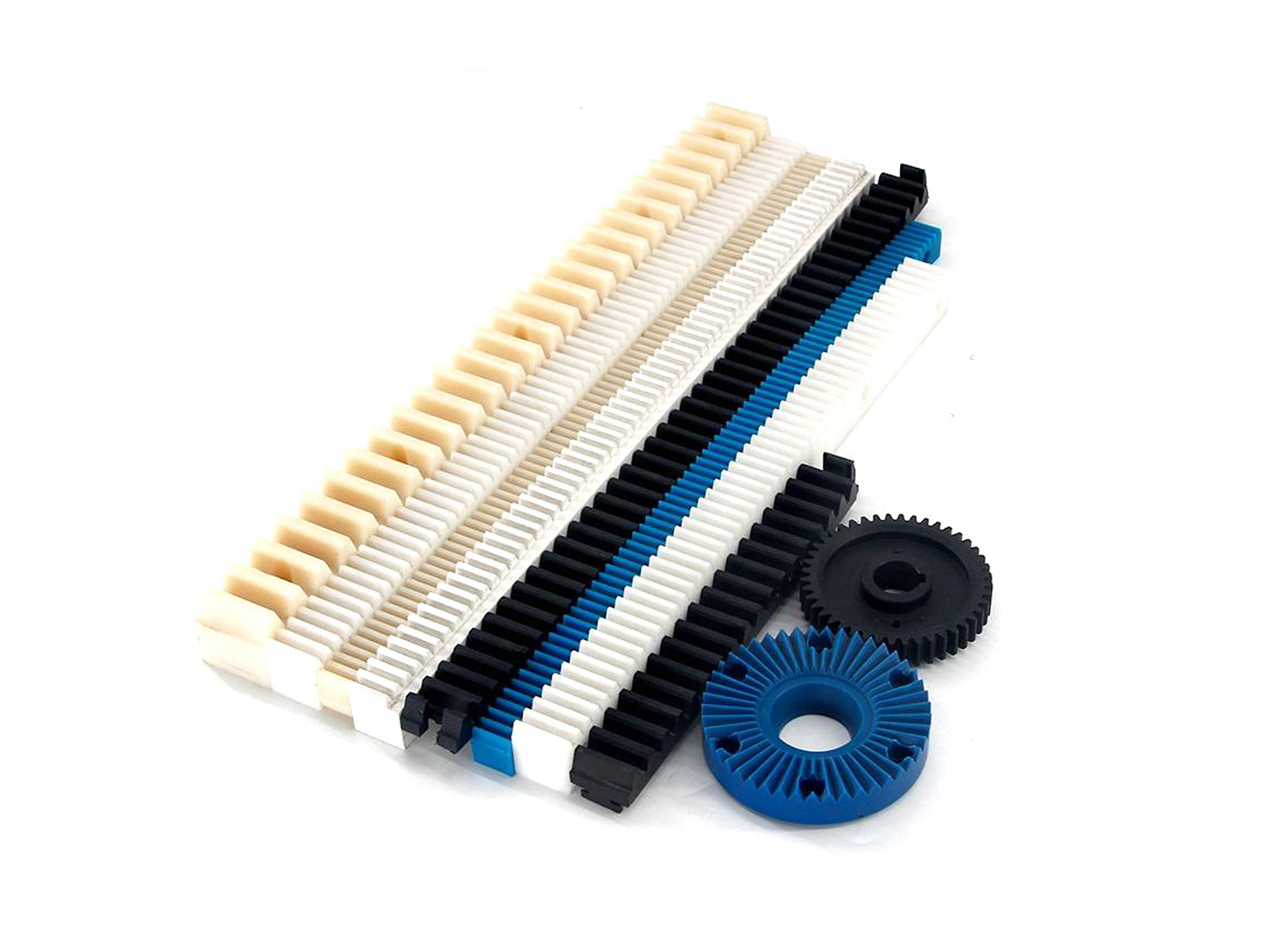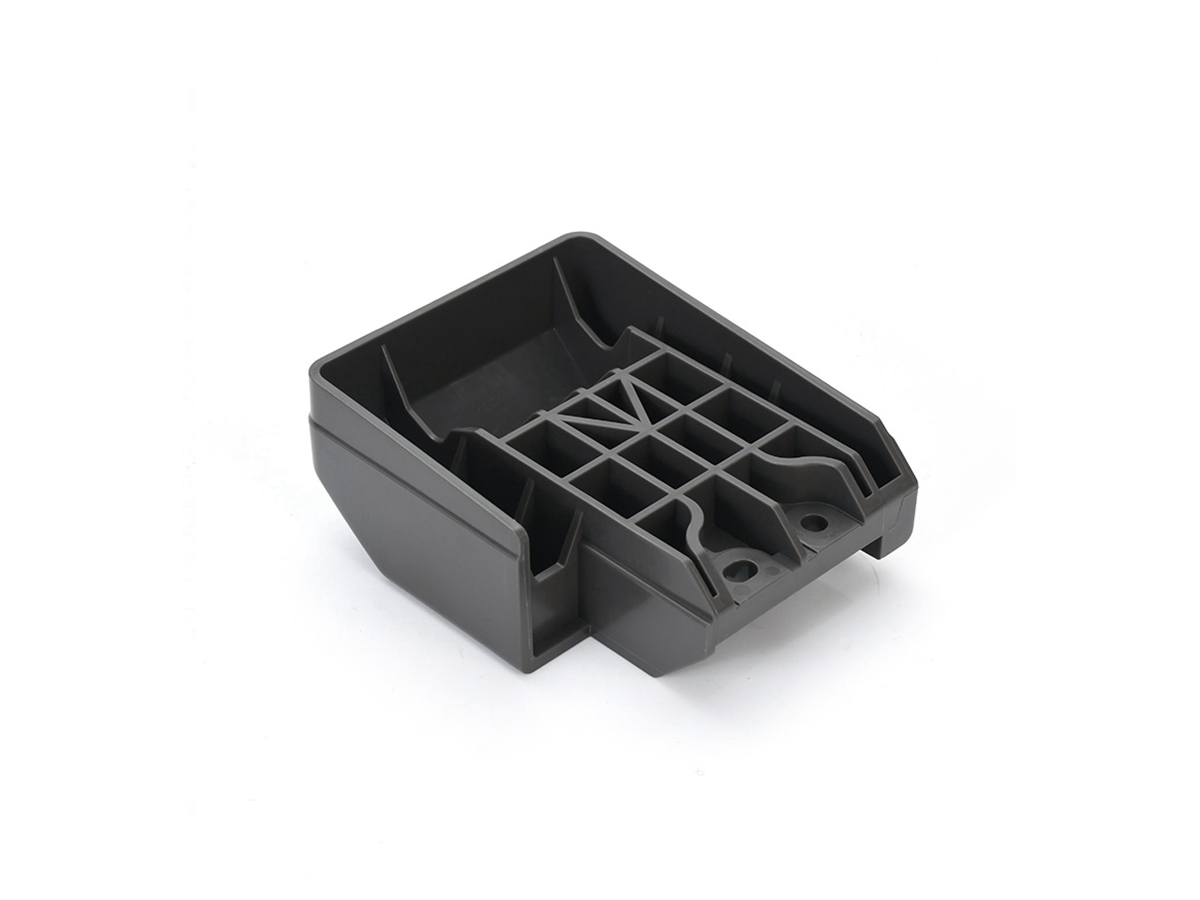What common defects in plastic parts are caused by improper parameter settings?
Improper machining parameters during the CNC Machining of plastic parts can introduce a range of defects, primarily by generating excessive heat or inducing high mechanical stresses. Unlike metals, plastics have a low heat deflection temperature and are viscoelastic, making them highly sensitive to cutting forces and temperature. Correct parameter selection is crucial for achieving the dimensional stability and aesthetic quality required, particularly for our Prototyping Service and Mass Production Service for consumer and medical products.
Thermal-Related Defects from Excessive Heat
1. Melting and Smearing This is one of the most common defects. Using a spindle speed that is too high or a feed rate that is too low generates excessive frictional heat. This causes the polymer to soften, melt, and smear across the machined surface, resulting in a poor finish, clogged tool flutes, and loss of dimensional accuracy. This is particularly problematic with thermoplastics, such as ABS or Nylon.
2. Burrs Contrary to intuition, burrs in plastics are often a thermal defect. A dull tool or too-slow feed rate causes the tool to rub instead of cut, heating the material. Instead of a clean shear, the softened plastic deforms, creating a stringy or rolled burr at the exit edge of the cut.
3. Internal Stresses and Cracking The heat from machining can locally stress the material. Upon cooling, these induced stresses can relieve themselves by causing micro-cracking or crazing, especially in amorphous plastics like Polycarbonate (PC). These cracks may not be immediately visible but can lead to part failure under load.
Mechanical Stress Defects from Incorrect Forces
1. Chipping and Delamination Excessively high feed rates or a deep depth of cut can generate unsustainable mechanical stresses, causing brittle plastics to chip or fracture. In layered or reinforced materials like composites, this can lead to delamination, where the layers separate. This is a key consideration in our CNC Milling of fragile components.
2. Geometric Inaccuracy and Warping High clamping forces or aggressive cutting can cause elastic deformation of the part during machining. Once unclamped, the part springs back, leading to out-of-tolerance dimensions. Similarly, uneven heating can cause the part to warp after machining as internal stresses equilibrate.
3. Poor Surface Finish Incorrect parameters lead to a rough surface. A feed rate that is too high leaves visible cusps from the tool path, while a speed that is too low can cause chatter and vibration marks. Achieving a flawless finish often requires a final CNC Part Polishing Service or other surface treatments to correct machining artifacts.
Parameter Adjustments for Defect Prevention
• To Reduce Heat: Use sharp, polished tools; reduce spindle speed (RPM); increase feed rate to promote heat evacuation with the chip; and use compressed air or coolant designed for plastics to remove heat without causing thermal shock.
• To Reduce Mechanical Stress: Use a smaller depth of cut; reduce feed rate per tooth; ensure secure but non-deforming workholding; and employ climb milling techniques for a cleaner shear.
• Tooling: Sharp tools with high rake angles and polished flutes are non-negotiable. For high-volume runs, our Precision Machining Service leverages toolpath optimization and specialized tool geometries to minimize these defects from the outset.



